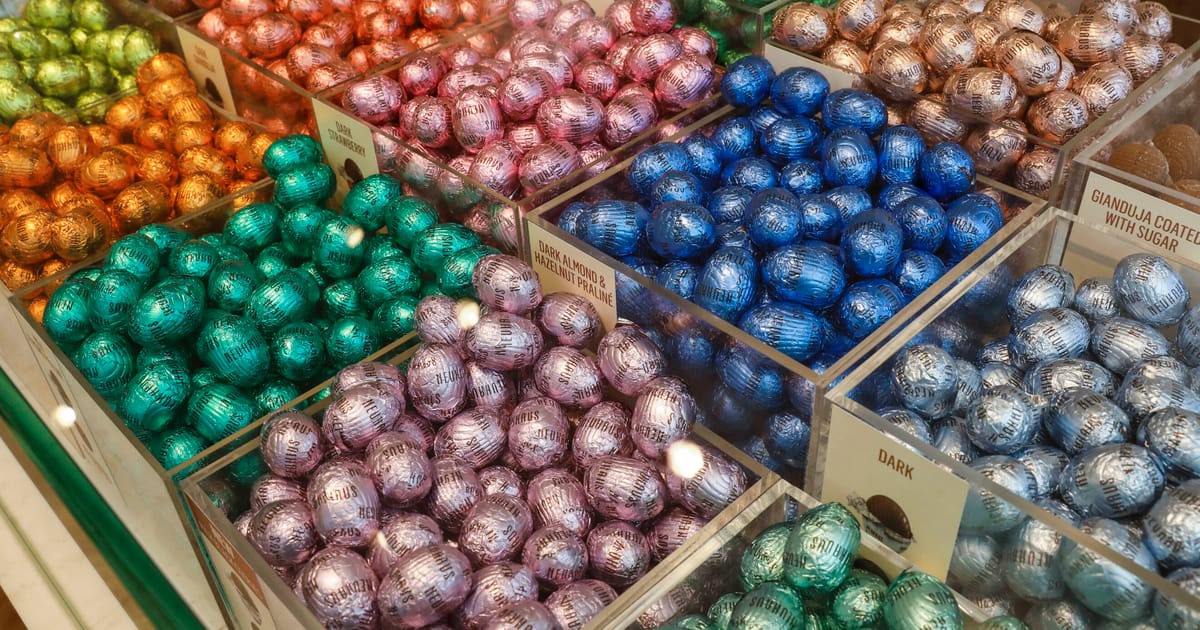You famously never know what you’re going to get when you open a box of chocolates. But for Belgium, a state that’s synonymous with the high-end confectionery, soaring cocoa prices are making life for the nation’s chocolate aficionados even more uncertain than usual.
This year, after extreme weather hammered west Africa’s cocoa harvest for the third consecutive year, prices soared in response. Cocoa futures trading in London and New York temporarily hit as high as €9,300 per ton, triple last year’s amount.
The gaping shortage of beans has percolated its way through to Europe’s premier confectionery hub, putting chocolate makers under unprecedented cost pressure and forcing up prices just as seasonal demand peaks going into the Easter holiday.



This is the height of how immoral our society and civilization is.
The price of chocolate and cocoa go up from low unsustainable prices that were artificially kept low because everyone relied on essentially slave African labor to harvest the fruit.
Now the prices go up because of climate conditions and everyone is upset.
No one is ever upset when we exploit the poorest people in the world … but when we have to pay a dollar more for chocolate, that makes international headlines.
The article doesn’t say that the prices went up because they paid people more though. There’s also quite a bit of difference in what the producers are paid and what cocoa is sold at.
Cocoa is often transported in bulk, then there’s loads of trade going on where they try to influence the price as much as possible. Meaning, as high as possible.
That the price of cocoa goes up in the past was often caused by artificially reducing supply. Just to make more money.
Anyway, cocoa prices are not set the cost of buying and then a certain margin on top. Meaning, that farmers weren’t being paid enough was on purpose and to make even more money.